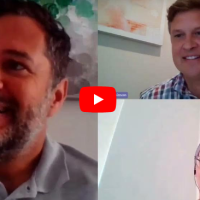By Chally Kacelnik
We’ve all seen poor power-based behaviour in organisations. You might recall that one person who manipulates others into doing their assigned work for them – as well as to stay silent when they take the credit. Or you may be remembering someone who pressures others to skip over safety precautions by characterising them as exacting killjoys. You may be thinking of a dynamic with which you’re contending right now.
It’s exhausting to encounter this common behaviour over and over. Not only is it designed to drain the opposition out of you, but it’s hard to pin down and counteract precisely because the dynamics of so many organisations foster relationships that are based on power rather than authority. If there’s a vacuum, power will rush to fill it.
There are two sources of influence that you can use to get work done: authority or power. In your role, you need to be granted certain requisite authorities, whatever they may be, in order to be able to perform the work of your role. The use of power, on the other hand, is about manipulating social dynamics in order to arrange things according to your preferences at the expense of others’ rights and dignity.
At LKS Quaero, when we conduct leadership training, we help people to make a clear distinction between the use of authority and the use of power. This enables people to identify and counteract these dynamics. We tell people explicitly that:
- Use of power rather than authority is an attribute of a dysfunctional team
- Alternative leadership based on power – like intimidation and social marginalisation – forms what we call a Box D system. This is a system of work that is counterproductive and unauthorised, and needs to be addressed and challenged in the organisation
- Constructive relationships are based on clarity of authority, not power
Chaotic organisational structures and systems of work shore up poor power dynamics. It’s vital that each organisation appropriately arranges its policies, structures, and role design so that authorities flow appropriately. This enables checks and balances on how people operate, and it means you can shut down power-based manipulation through the appropriate channels.
Too many organisations accept shoddy interpersonal dynamics as a cost of doing business. We at LKS Quaero are proud to help people hold themselves and their organisations to a higher standard.
At LKS Quaero, we help organisations to create and sustain positive and productive dynamics. For more information, visit us at lksquaero.com or follow us on LinkedIn, Facebook, and Twitter.










